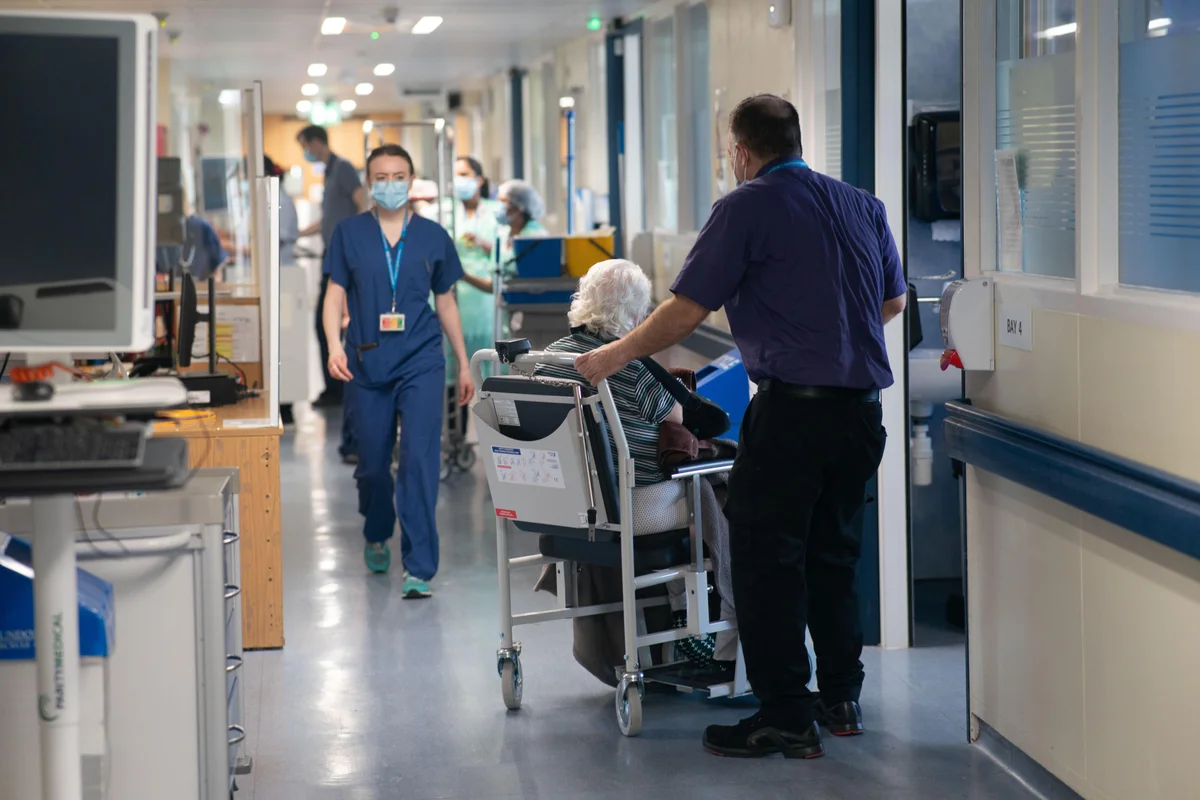NHS could save billions each year by having pharmacists review patients’ medication, study reveals
By Storm Newton
Copyright independent

An estimated 70,000 people a year could avoid going to hospital if services that allow community pharmacists in England to review medications are rolled out more widely, according to new analysis.
The National Pharmacy Association (NPA) estimate medicine checks could save the NHS billions of pounds annually, with around 30,000 patients also facing significantly shorter hospital stays.
The study by the York Health Economics Consortium at the University of York, carried out for the NPA, explored the potential economic benefits of expanding current NHS services in community pharmacies and commissioning new ones.
Researchers included the discharge medicines service, which was brought in to help support patients who are put on new medication when they leave hospital.
The study suggests if all regions in England implemented the service in the same way as the highest performing area in the country, it could save £26.3 million.
Experts also looked at quality-adjusted life years, or QALYs, a measure used to assess the value of medical treatments. One QALY equates to one year of life in perfect health.
Expanding the discharge medicines service could generate an additional 12,494 QALYs – valued at £250 million – as well as reducing hospital bed days by 963,216, the report said.
These changes could lead to the equivalent of 70,000 people avoiding hospital, with 30,000 facing significantly shorter stays, according to the NPA.
Elsewhere, the study suggests expanding the new medicine service (NMS), which supports people with long-term conditions who have been prescribed new drugs, by 10 per cent could save an additional £66.1 million.
The NMS already saves £661 million a year, according to researchers.
It also generates 204,982 QALYs, but expanding it further would result in an additional 20,498, which were valued by researchers at £410 million.
Henry Gregg, chief executive of the NPA, said: “Patients using our medicines advice services already benefit from reduced pain, reduced hospital length of stay and improved overall physical and mental well-being.
“But we can go much further if properly funded, to help patients and taxpayers. I think of this as a kind of ‘medicines reset’ for a population that isn’t currently getting best use from their prescribed medicines.
“Ambitious pharmaceutical care that transforms people’s experience of medicines should sit right at the heart of our next community pharmacy contract and the government’s wider plans to implement its 10-year health plan.”
The NHS in England spends around £19 billion a year on medicines.
Nick Hex, who led the research at York Health Economics Consortium, said: “Medicines are a considerable cost to the health system, so it is vital that their use is optimised.
“Our report shows that more investment in community pharmacist support could result in very substantial benefits to patients and better value for money for the NHS.”
The study also looked at potential new interventions, such as carrying out prescribing reviews for patients taking 10 or more medicines.
It suggests this could result in net savings of almost £620 million.
If uptake to community pharmacists providing personalised asthma action plans was increased to 90 per cent of total UK need, this could also save £71.6 million.
Mr Gregg said: “This compelling new report shows how better patient outcomes could be achieved for a reduced overall cost, given investment in medicines services provided by local pharmacies.
“This is a win-win-win. The public purse gains from a substantial return on investment, the NHS gains because we can relieve pressure on hospital beds and, above all, patients enjoy longer, healthier lives.
“As accessible medicines experts, community pharmacists are already the go-to healthcare professionals for millions of people who want support getting the best, safe use from medicines.”



